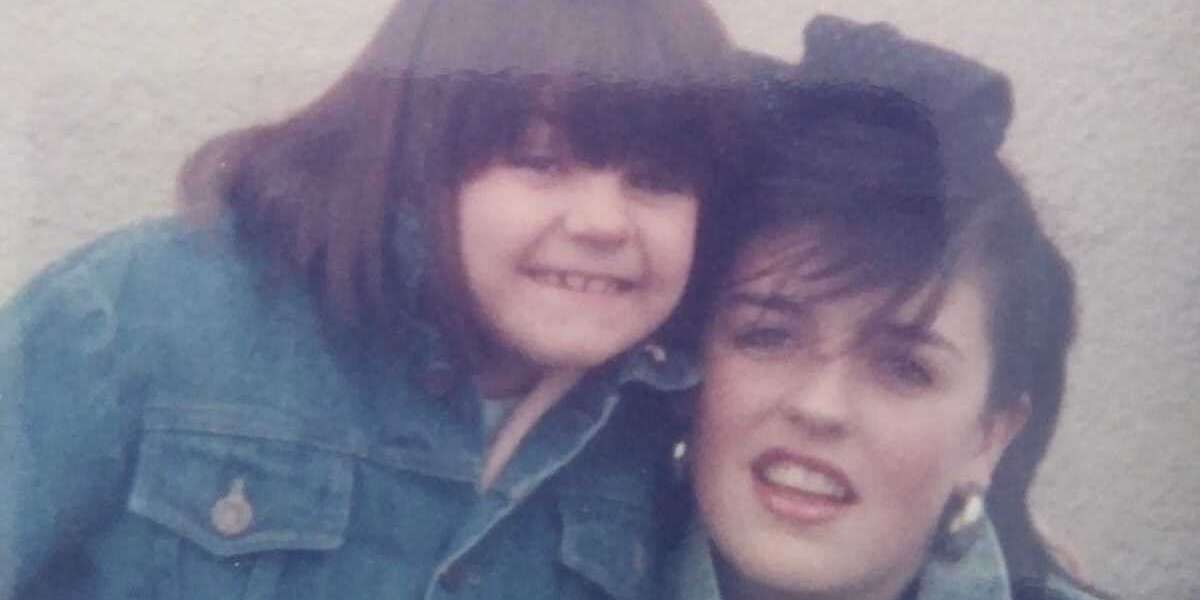Childhood trauma, a heavy burden carried into adulthood, can shape our perceptions of ourselves and the world around us. It's a complex tapestry woven with threads of pain, fear, and confusion. But it's also a story that can be rewritten, a narrative reclaimed with courage and self-compassion. This blog aims to offer practical suggestions for navigating the challenging terrain of trauma recovery, empowering you to build a brighter, more fulfilling future.
Understanding the Echoes of Trauma:
Childhood trauma, encompassing abuse, neglect, or witnessing violence, profoundly impacts the developing brain and nervous system. It creates a state of chronic stress, leaving lasting imprints on our emotional, cognitive, and physical well-being. These imprints can manifest in various ways:
- Emotional Dysregulation: Intense emotional swings, difficulty managing anger or sadness, and a persistent sense of unease.
- Relationship Challenges: Trust issues, difficulty forming healthy attachments, a tendency to repeat unhealthy relationship patterns, and social anxiety.
- Cognitive Distortions: Negative self-talk, feelings of worthlessness, persistent guilt or shame, and difficulty concentrating.
- Physical Symptoms: Sleep disturbances, chronic pain, digestive issues, and a heightened startle response.
- Dissociation and Flashbacks: Feeling disconnected from oneself or reality, reliving traumatic experiences through intrusive thoughts or physical sensations.
Recognizing these symptoms is not a sign of weakness; it's a testament to your resilience. It's the body's way of signaling that healing is needed.
Practical Strategies for Healing and Empowerment:
Seeking Professional Guidance:
- Therapy is the cornerstone of trauma recovery. A skilled therapist can provide a safe space to process your experiences, develop coping mechanisms, and build resilience.
- Consider therapists specializing in trauma-informed care and modalities like:
- EMDR (Eye Movement Desensitization and Reprocessing): Helps process traumatic memories and reduce their emotional impact.
- CBT (Cognitive Behavioral Therapy): Addresses negative thought patterns and behaviors.
- Somatic Experiencing: Focuses on releasing trauma held in the body.
- Internal Family Systems (IFS): helps one understand and heal the different parts of one's psyche.
- Finding the right therapist is crucial. Don't hesitate to interview potential therapists and trust your intuition.
Prioritizing Self-Care and Regulation:
- Mindfulness and Meditation: These practices cultivate present-moment awareness, helping to regulate the nervous system and reduce anxiety. Apps like Insight Timer or Calm can be excellent resources.
- Physical Movement: Exercise releases endorphins, promoting mood regulation and stress reduction. Even gentle activities like walking, yoga, or tai chi can be beneficial.
- Nourishing Your Body: A healthy diet and adequate sleep are essential for emotional well-being. Prioritize whole foods, limit processed foods, and establish a consistent sleep routine.
- Creative Expression: Engage in activities that allow you to express your emotions, such as painting, writing, music, or dance.
Building a Supportive Network:
- Connect with Trusted Individuals: Share your experiences with supportive friends, family members, or mentors.
- Join Support Groups: Connect with others who have experienced similar traumas. This can provide a sense of community, validation, and shared understanding.
- Set Healthy Boundaries: Learn to say "no" to people or situations that drain your energy or trigger your trauma. Prioritize your well-being and protect your emotional space.
Cultivating Self-Compassion:
- Practice Kindness and Gentleness: Treat yourself with the same compassion you would offer a dear friend. Acknowledge your pain without judgment.
- Challenge Negative Self-Talk: Replace self-critical thoughts with positive affirmations and self-compassionate statements.
- Practice Self-Forgiveness: You are not responsible for the trauma you experienced. Forgive yourself for any perceived shortcomings or mistakes.
Grounding and Stabilization Techniques:
- The 5-4-3-2-1 Method: Name five things you can see, four things you can touch, three things you can hear, two things you can smell, and one thing you can taste.
- Deep Breathing Exercises: Practice slow, deep breaths to calm your nervous system.
- Sensory Grounding: Hold a cold object, feel the texture of a soft blanket, or listen to calming music.
Educating Yourself About Trauma:
- Read Books and Articles: Learn about the impact of trauma on the brain and body.
- Watch Documentaries: Gain insights from experts and survivors.
- Attend Workshops and Seminars: Expand your knowledge and connect with others on a similar journey.
Reclaiming Your Narrative:
- Journaling: Write about your experiences, thoughts, and feelings.
- Art Therapy: Express your emotions through creative outlets.
- Storytelling: Share your story in a safe and supportive environment.
- Rewrite your internal narrative: Actively change the negative stories you tell yourself.
Patience and Persistence:
- Healing from childhood trauma is a journey, not a destination. There will be ups and downs.
- Be patient with yourself and celebrate your progress, no matter how small.
- Don't give up on yourself. You are capable of healing and creating a fulfilling life.
A Message of Hope:
Overcoming childhood trauma is a challenging but transformative process. It requires courage, resilience, and a commitment to self-care. By embracing these practical strategies and seeking professional guidance, you can reclaim your narrative, heal from the wounds of the past, and build a future filled with hope, joy, and self-compassion. Remember, you are not defined by your trauma. You are a survivor, and you have the power to create a life of healing and empowerment.
Read more about the journey of a young girl, who broke that cycle!
Connection, empowerment support are key. Reach out today.
- #healing #mentalhealthawareness #selflove #emotionalhealing #trauma #traumarecovery #childhoodtrauma #childhoodtraumahealing #traumainformed #personalgrowth #selfawareness #youarenotalone #therapy #healingjourney #togetherwearestronger








